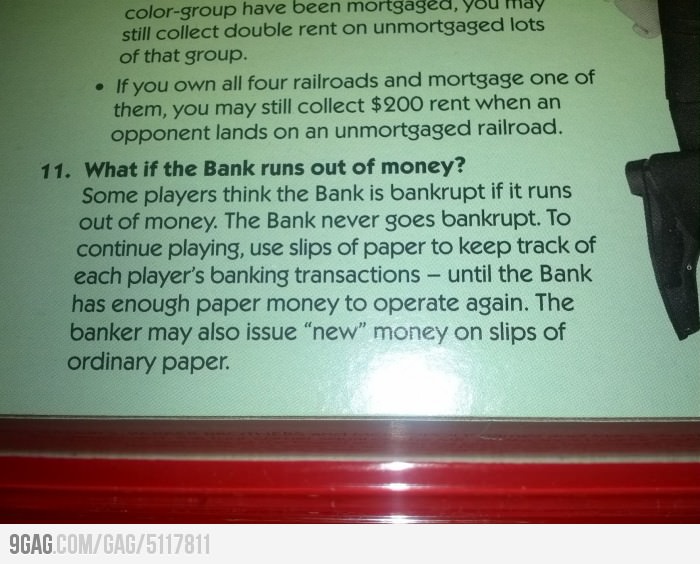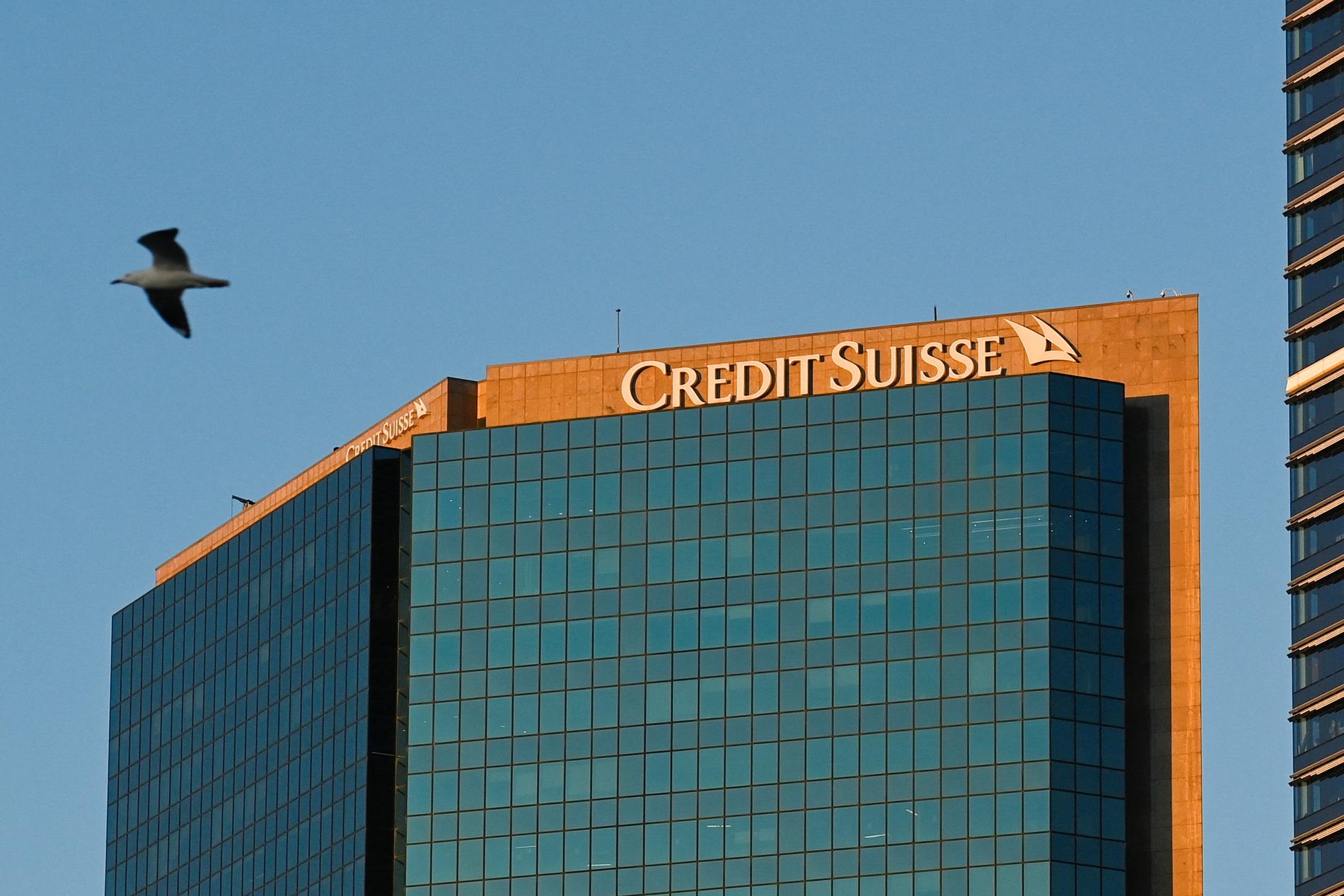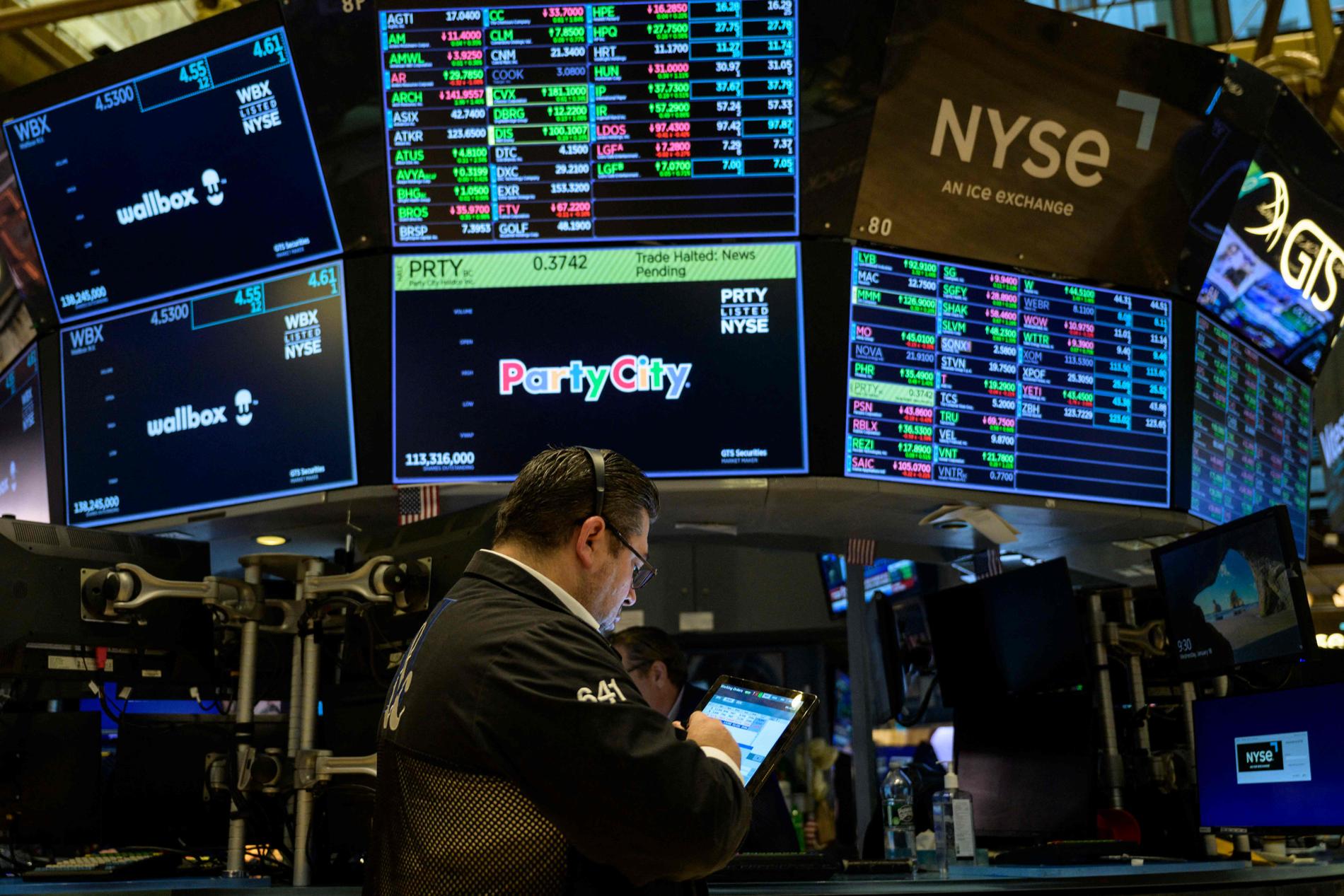Fra et nyhetsbrev jeg abonnerer på:
But as it turns out, the bankers at SVB were pretty good at tech but not so good at banking. They waved in billions of the lowest possible coupon mortgage-backed securities and Treasuries and forgot to hedge with interest rate swaps. I’m not entirely sure they even knew what interest rate swaps were. I’m being serious. They were that dumb. They had no business running a bank. It was basically just a grandiose Jiffy Lube for venture capital funds.
...
The politicians are framing this as “saving innocent depositors,” but the majority of SVB’s deposits were placed there by about 35,000 depositors with $4 million in deposits each, on average. These people were not innocent. They were big boys and girls and supposedly sophisticated enough to understand the risks. As it turns out, they were as dumb as SVB management. Dumb people losing money is supposed to be a feature of capitalism. It has a cleansing effect. But we never let it happen.
Anyway, that’s nowhere near the most interesting aspect of this situation. When it became clear the bank run had the potential to cascade, the market quickly began to price out rate hikes, betting that the Fed wouldn’t follow through with them. That turned into a short squeeze in two-year notes, which dropped over 100 basis points in yield in three days. It was the biggest move in two-year notes since the Crash of 1987… 13.6 standard deviations, in fact. Something so improbable it was never supposed to happen.
I assure you, one or more banks or hedge funds got blown up on this move. It was mass panic. I’ve never seen anything like it. I mean, betting on endless rate hikes seemed like a sure thing, right? Just two days before, that is exactly what Powell said in front of Congress. The Fed chair had your back, and then a piano fell on your head. Wait and see. Pretty soon, you will see in the news that XYZ bank lost $80 million or XYZ hedge fund lost 30% on the short rates trade. It was the most consensus trade on the board. And so easy. You lose focus in this business for one minute, and people get hurt.
..
Do I think we will see more bank failures? Not likely. Although one interesting wrinkle is that Dodd-Frank incentivized banks to hold Treasuries and mortgages instead of commercial loans, whereas commercial loans are typically floating rate and would have been fine in a rising interest rate environment. The unintended consequences of regulation strike again.
I think this was an isolated case of financially unsophisticated people being responsible for billions of dollars. If I were a depositor, I wouldn’t be worried about rising rates as a threat to banks—I would be worried about competency. Is the guy running my bank a donut?
I am fond of saying that nothing is safe. If you want to avoid all of this, just buy a money market fund or invest in T-bills(*) directly. You could do a lot worse.
'*) T-bills er amerikansk statsgjeld (sertifikater) med initiell løpetid 1 år eller kortere. Det tilsvarende i Norge er statssertifikater. Korte statssertifikater er stort sett sett på det mest defensive det er mulig å investere i da de har ingen kredittrisiko og minimalt med renterisiko grunnet kort løpetid.











